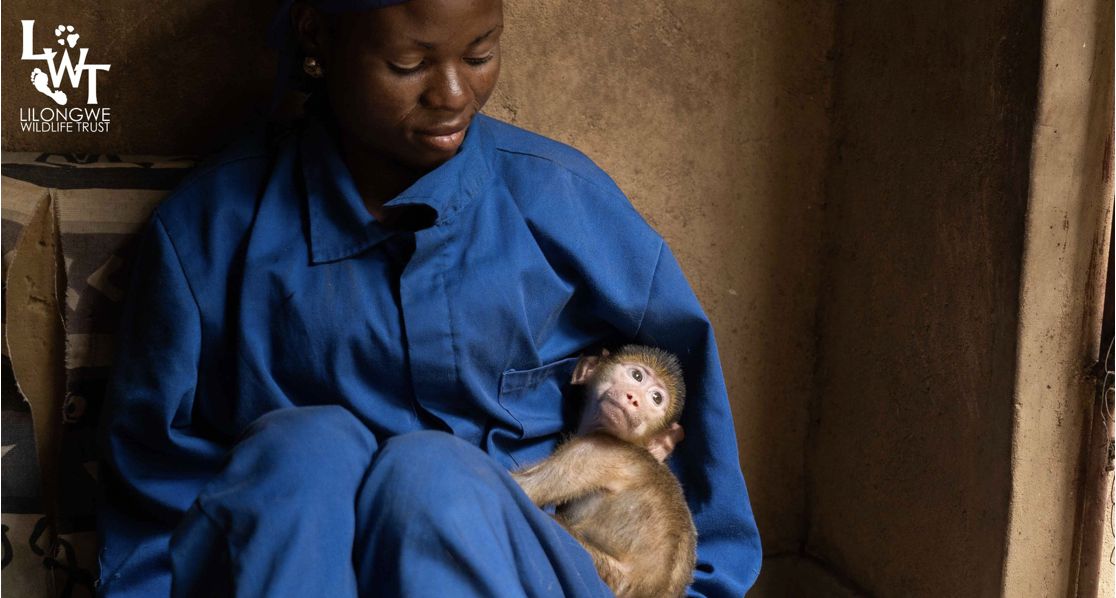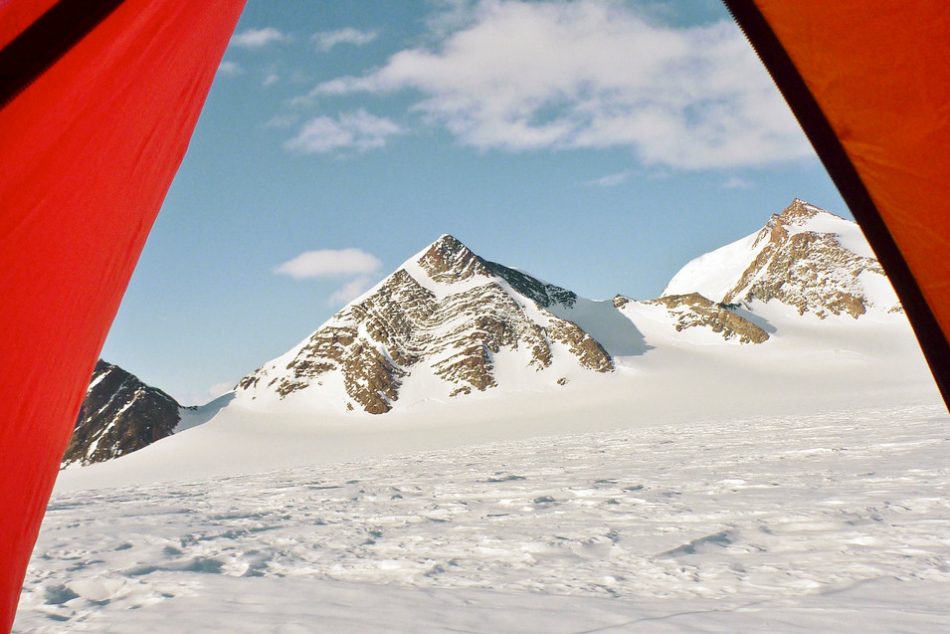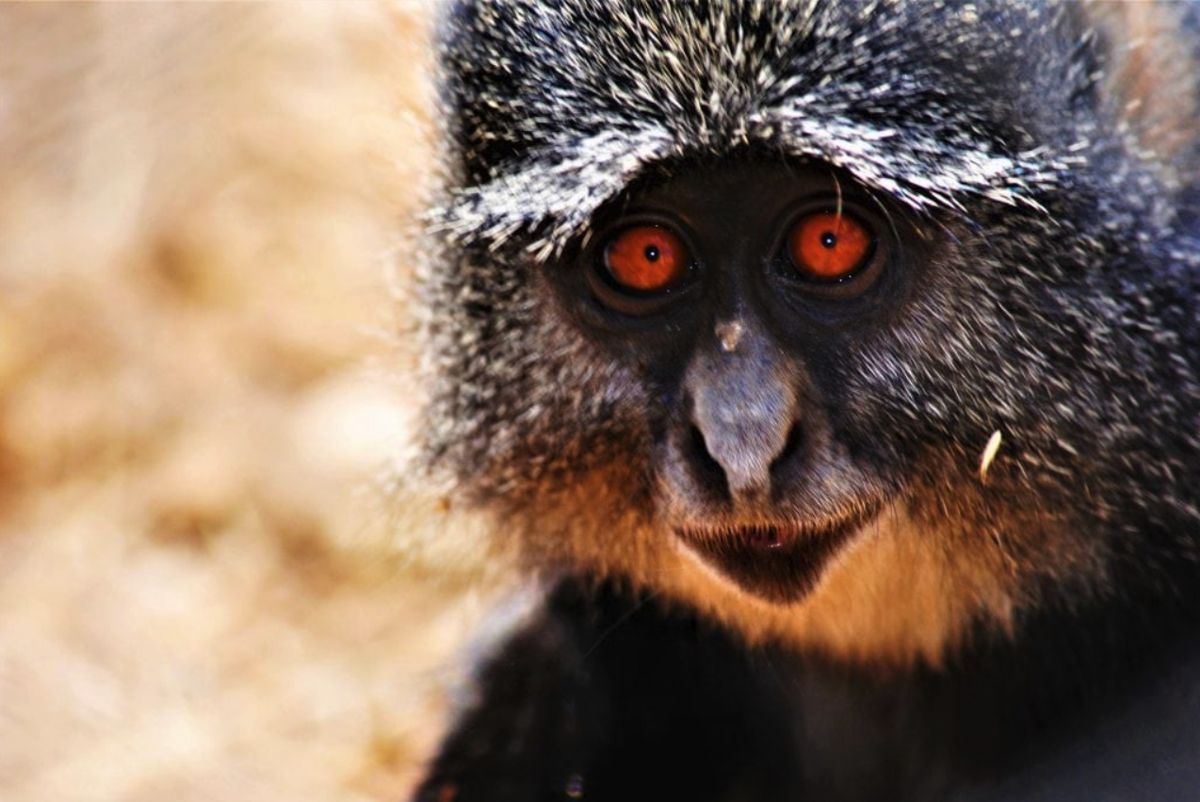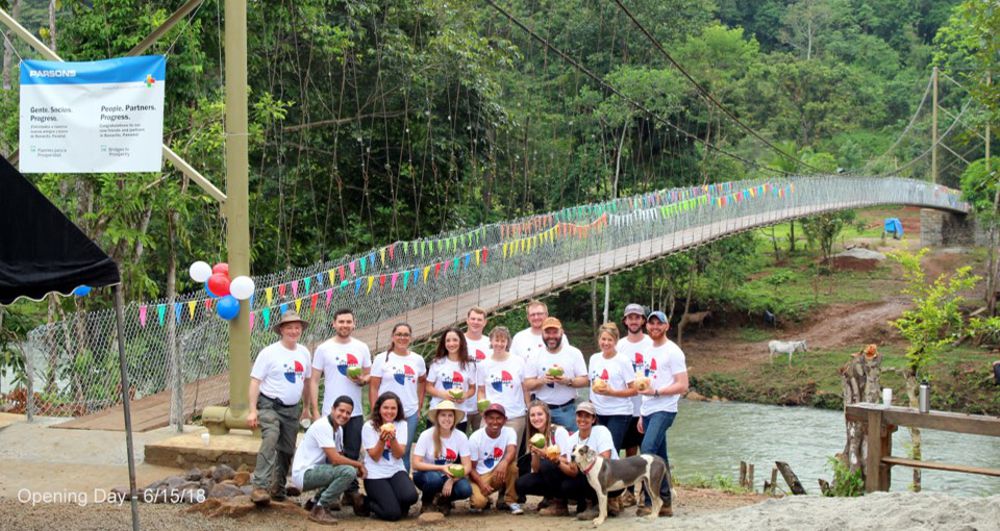Volunteering Holidays – Do your research
There are many volunteering holidays available to you all around the world that are both fulfilling and character building, but you don’t have to be a student or of a certain age to enjoy this very popular type of rewarding working holiday.
Fancy counting fish under the water in Fiji? How about building a school in Peru? Or even dry stone walling in Wales!?!
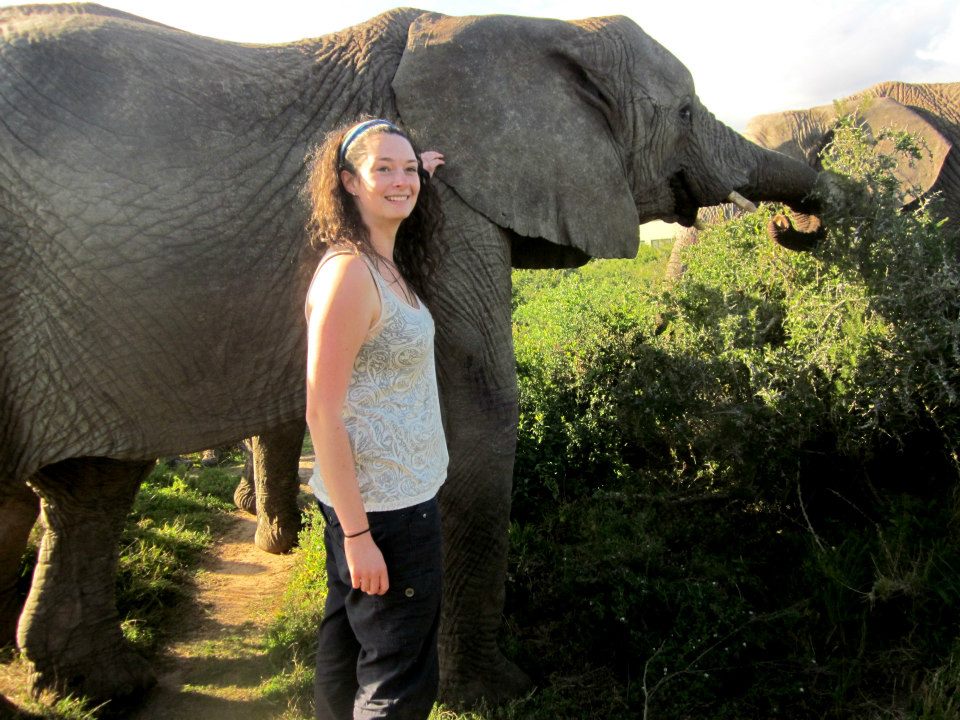
Generally, these holidays tend to be really valuable projects for both volunteer and the community where they are based and fall into the following categories:
- Conservation
- Education
- Community development
- Country development
They offer a unique opportunity to work alongside different cultures in very varied and often very remote environments. However, it pays to do your research before you commit your time and your money.
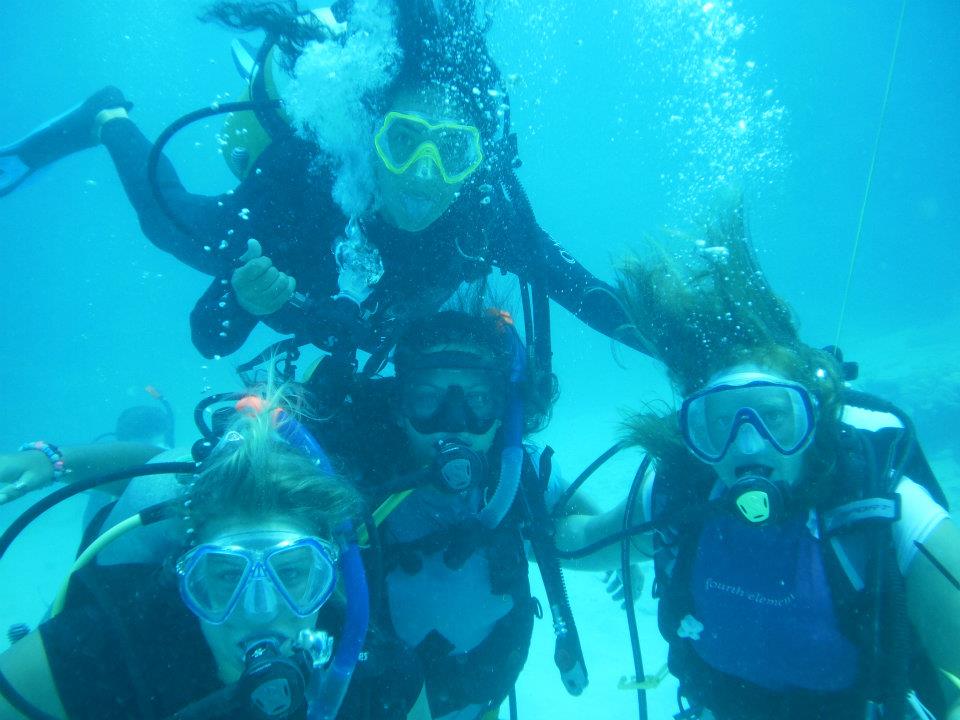
Reputation
Is the organisation making a profit or are they a bona–fide charity? Whichever you choose, research them thoroughly. Do they have a good reputation and a clear philosophy? Find out if they have won any awards and if any published reports are available for you to read. Be clear on where your money actually goes and what exactly you hope to get out of the project, be it adventure, training or self–development.
Make sure you know what the hosting country/community gets out of the project in terms of training; development and education for the local community, and will it continue after you have left? Will you be updated on future progress after leaving the project? Also check that the staff are qualified experts in their field and receive ongoing training and development.
You can often find valuable information on the organisation’s social media pages and this will give you an insight into the type of people you will be working for and on your fellow volunteers.
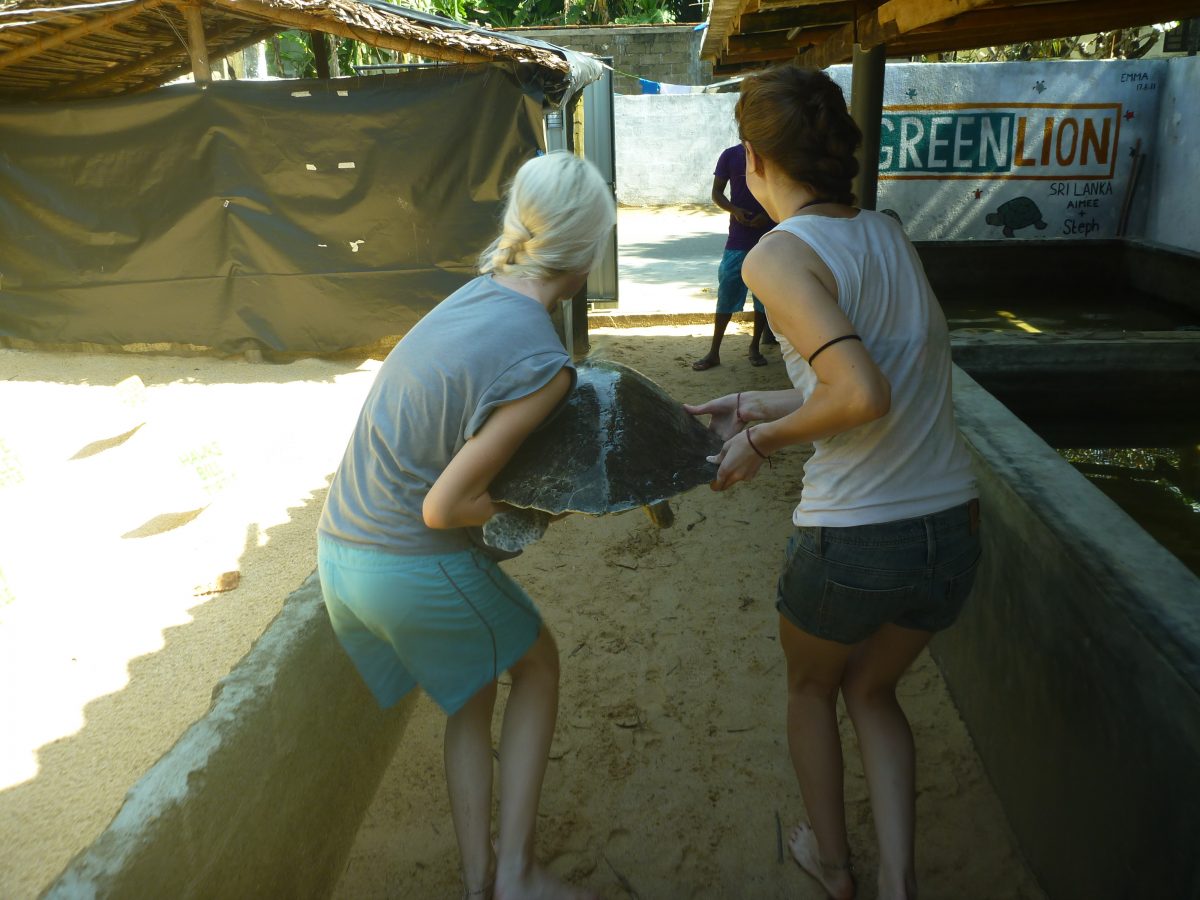
Safety
Check the organisation has adequate safety procedures in place for its volunteers and that the staff are briefed on the risks and safety issues of the work you will be undertaking and that they have first aid and emergency plans in place in case anything happens and you need evacuating to a decent medical facility. Make sure you are aware of associated risks of the work, especially if you are dealing with animals either on land or in the water.
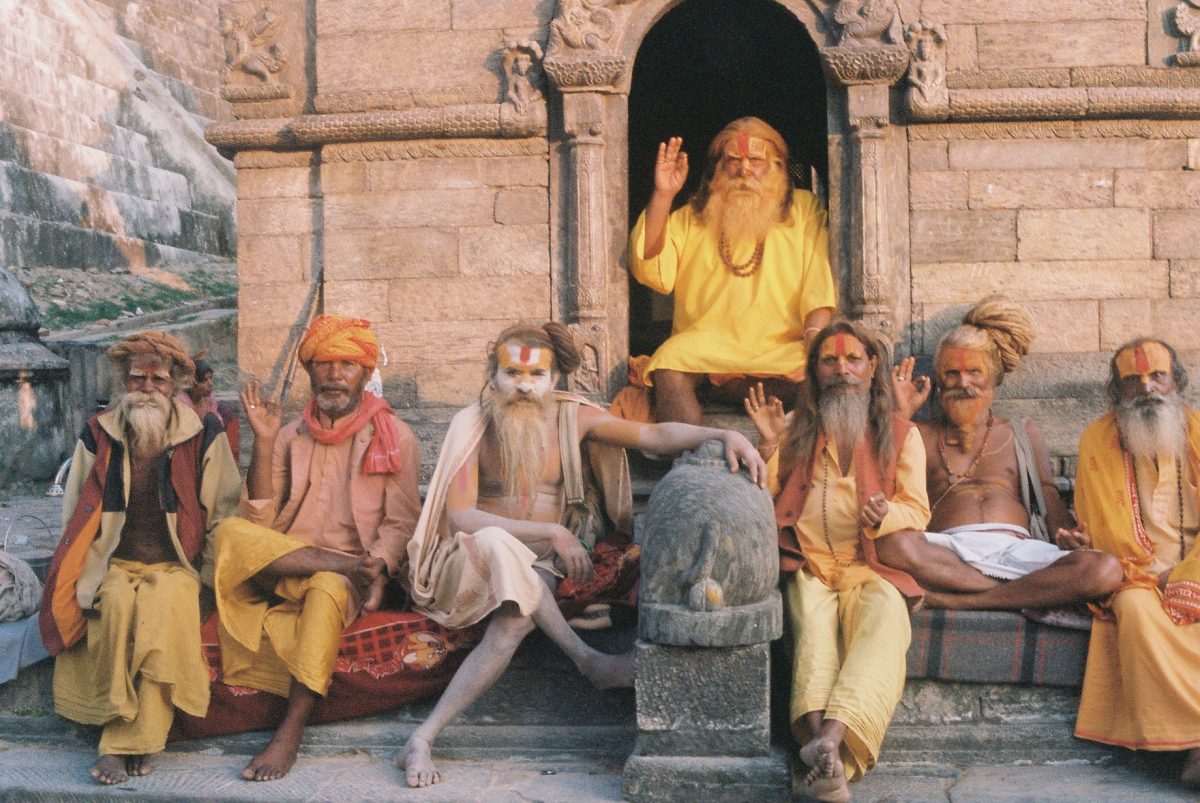
Your needs
Have a clear picture of the day–to–day running of the project in terms of accommodation, food and transport as well as knowing who is in charge and what is expected of you. If you have any medical or dietary requirements make sure they can accommodate your needs and that you get the required medical vaccinations and you are knowledgeable about precautionary measures and medications. Also ask for a fully comprehensive list of what equipment and clothing you are expected to provide.
Volunteering can be hugely rewarding, so why not give it a go and work on the wild side!






